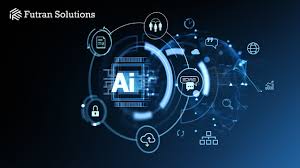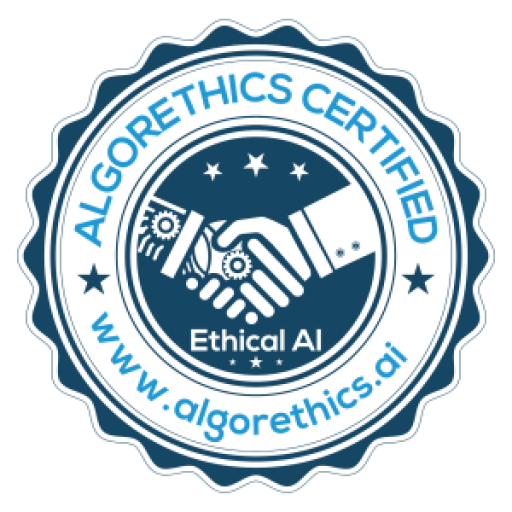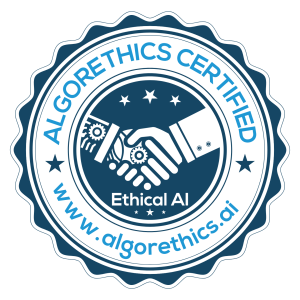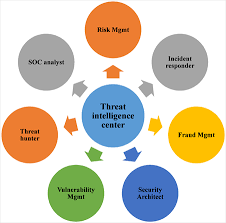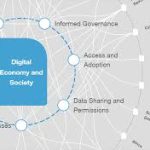Artificial intelligence (AI) is transforming industries at a rapid pace, bringing opportunities to optimize operations, enhance customer experience, and drive innovation. However, as AI becomes more deeply embedded in critical processes across sectors, concerns around its safety, ethics, and fairness have become more pronounced. Addressing these challenges requires more than technological advancements or regulatory frameworks; it calls for a proactive approach that places community engagement at the forefront of AI stewardship.
In this article, we explore how grassroots initiatives and open source projects are making strides in establishing safety practices and ethical standards for AI. These initiatives have proven to be transformative, not only because they advance technical development, but because they also foster collaboration, transparency, and diversity. These elements are essential for responsible AI innovation. For IT leaders navigating this evolving landscape, understanding the value of community engagement is key to harnessing AI’s potential in a safe, ethical, and impactful manner.
The Need for Ethical AI and Safety Standards
As AI applications grow, concerns around unintended consequences, biased decision making, and opaque algorithms are increasingly front and center. For organizations deploying AI, these risks are not just ethical dilemmas, they represent potential liabilities that can undermine trust with stakeholders and expose enterprises to regulatory penalties.
Establishing clear ethical guidelines and safety standards can help mitigate these risks, ensuring that AI systems are transparent, fair, and aligned with societal values. By prioritizing ethical considerations and robust safety protocols, organizations can foster trust, enhance accountability and create AI solutions that benefit everyone. Ethical standards are not merely bureaucratic hurdles, they are a cornerstone of effective AI governance. These standards can provide companies with a competitive advantage, as customers are more likely to trust and adopt AI solutions that are designed to be fair and unbiased.
Trust is a critical factor in the widespread adoption of AI technologies. As AI continues to play a greater role in everything from financial decision-making to healthcare diagnostics, the need for transparent systems has never been more important. In many ways, open source AI projects form a key avenue for building this trust, especially around AI safety and ethics. Open source initiatives allow diverse stakeholders to inspect, audit and contribute to the code and models, thus ensuring that the resulting systems are more robust, ethical and inclusive.
Open Source Initiatives Leading the Way
Open source projects have become pivotal in driving responsible AI development. While there is no shortage of open source initiatives and projects in this field, the following two are worth mentioning:
MLCommons is an AI engineering consortium built on a philosophy of open collaboration to improve AI systems. It is a core engineering group consisting of individuals from both academia and industry. The consortium focuses on accelerating machine learning through open-source projects that address critical areas, including benchmarking, safety, and accessibility. Some of the notable work done by their AI risk and reliability group includes the MLCommons safety taxonomy and their safety benchmarks. Their taxonomy is currently being used by prominent model providers like Meta and Google.
MLCommons has also made significant contributions in standardizing AI benchmarks, which helps in assessing the performance of various AI models against safety and reliability standards. The benchmarks set by MLCommons serve as reference points for developers, enabling them to evaluate how well their models align with established safety and ethical guidelines. The inclusive and collaborative nature of MLCommons helps ensure that these benchmarks are developed with a wide range of stakeholders, thereby making them more applicable and reliable across different domains and industries.
The Coalition for Secure AI (CoSAI) is another notable open ecosystem of AI and security experts from leading industry organizations. They are dedicated to sharing best practices for secure AI deployment and collaborating on AI security research and product development. Their AI Risk Governance workstream is working on developing a scorecard to guide practitioners in readiness assessments. Founding members include such companies as Google, IBM, Nvidia, and Microsoft.
CoSAI’s initiatives focus on the secure deployment of AI, addressing the often-overlooked aspect of AI cybersecurity. As AI systems become more sophisticated, they are increasingly targeted by cyber threats. An AI model that is not secure can be manipulated to produce incorrect results, or it could become a vector for data breaches. CoSAI addresses these issues by promoting best practices for AI security, thereby reducing vulnerabilities and ensuring that AI systems can be trusted in real-world applications.
These open source initiatives set a precedent for how AI can be developed with public interest in mind. By inviting diverse participation, from academia to independent developers to enterprise contributors, they are establishing frameworks that prioritize safety, fairness, and transparency, while also accelerating innovation.
Work done by open forums like MLCommons often serve as benchmarks which frontier model providers use to compare their models against others available in the marketplace. By participating in such forums, companies can stay up to date with cutting-edge advancements, maintain competitive performance, and ensure their models are compliant with ethical standards, all while contributing to a community that values progress through openness.
Diverse Perspectives for Better AI Outcomes
One of the greatest advantages of community-driven AI development is the incorporation of diverse perspectives. AI models are only as good as the data they are trained on and the teams that develop them. When AI systems are developed behind closed doors, there is a risk that they may inadvertently perpetuate biases, leading to outcomes that could harm underrepresented groups or introduce systemic inequities. By contrast, open source projects benefit from a wide range of contributors with different backgrounds, expertise, and experiences, which ultimately leads to more comprehensive testing and validation of AI models.
The Future of Responsible AI
AI has the power to reshape industries and redefine how businesses operate, but with great power comes great responsibility. Community engagement, particularly through open source initiatives, is proving to be a critical factor in developing and deploying ethical and safe AI technologies. For AI companies, embracing these grassroots efforts is not only a moral imperative but also a strategic opportunity to stay ahead of regulatory changes, enhance public trust and foster a culture of innovation.
By supporting collaboration, transparency, and diversity in AI development, these organizations can help lay the groundwork for a future where AI serves humanity in the most beneficial ways possible. Community engagement is not just about aligning with an ethical use of AI, it’s about building a foundation for responsible innovation that will sustain the industry for years to come.
